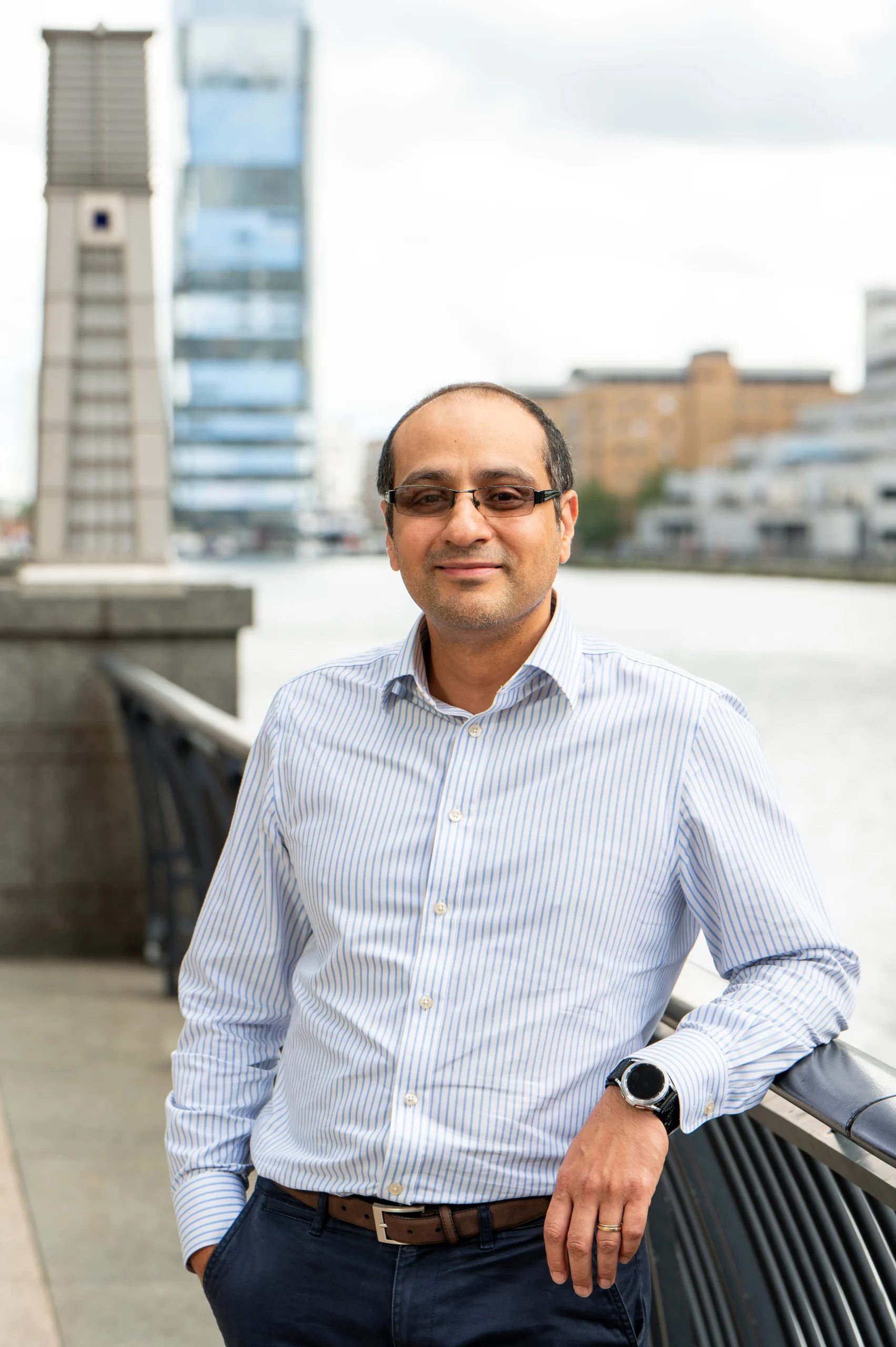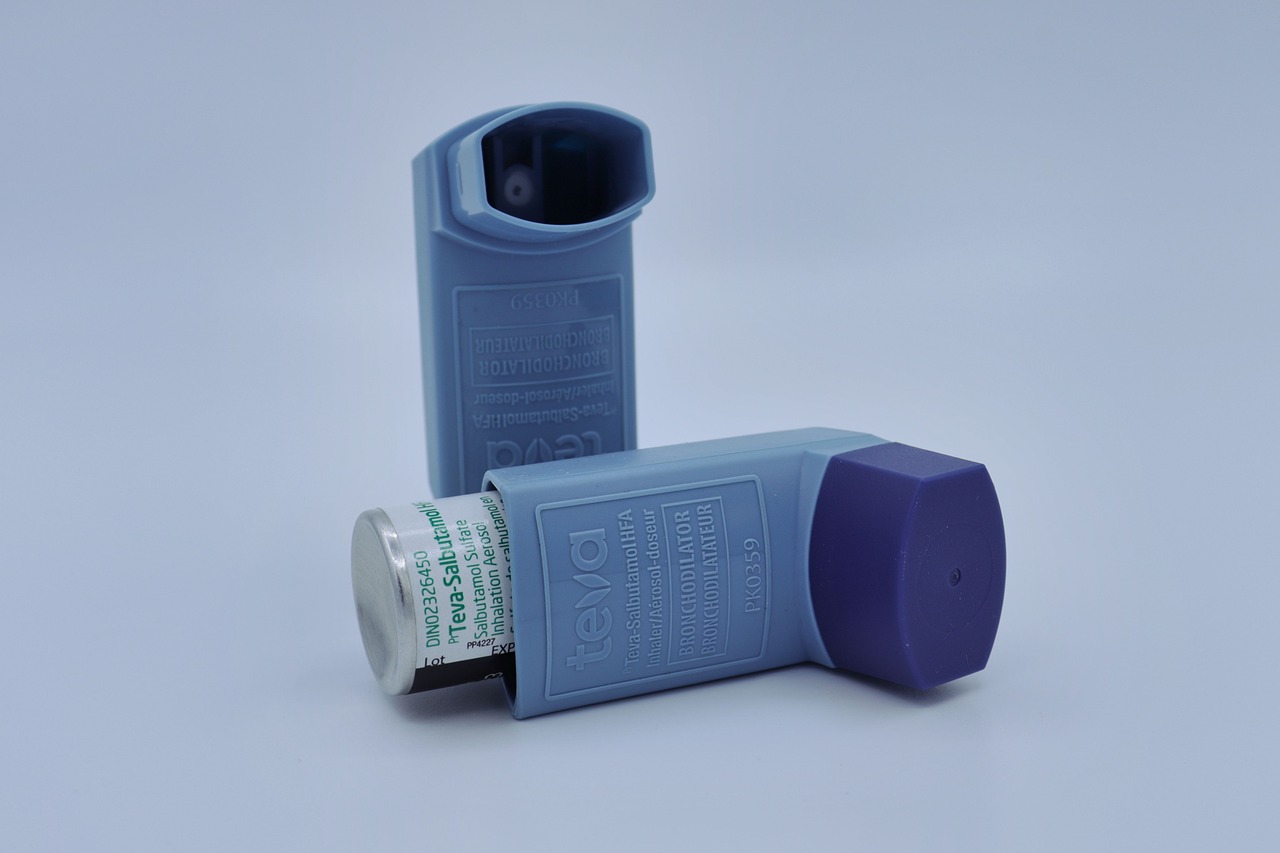This week, 24-30th April 2021, marks World Immunization Week. Each year we aim to promote the use of vaccines and protect people of all ages from preventable disease.
Vaccines have saved at least ten million lives between 2010 and 2015 alone, with many more people saved from bouts of illness and life-threatening debilitations. Despite being one of the world’s most successful health interventions, vaccines come under intense scrutiny and criticism across the world.
While we all focus on critically important COVID-19 vaccines that will allow society to return to normal life, there remains a need to ensure routine examinations are not missed due to global lockdowns. Many families choosing to shield have opted out of their routine vaccination visits and healthcare services will need to offer suitable alternatives as the world begins to come out of lockdowns and advice on shielding among the vulnerable is phased out.
Appropriately in a year of social distancing, this year the World Health Organisation have adopted a theme of ‘Vaccines bring us closer’ for World Immunization Week 2021. This year’s campaign is aiming to build solidarity and trust in vaccination as a public good.
Be frank and honest
It is apparent in the current pandemic that transparency and an availability of safety data are crucially important to encourage vaccine uptake. We are still learning as a society how to provide accurate information in a timely manner without causing unnecessary alarm.
Vaccine hesitancy is unique from the general health-care sector as it is highly influenced by levels of political trust in society, influencers and historic trends. The following factors have been shown to influence vaccine uptake:
- The media
- Leaders and influencers
- Historical influences
- Religion, culture, gender and socioeconomic profile
- Politics
- Trust in the pharmaceutical industry
- Geographic barriers to vaccine access
Misinformation
Vaccinations are the subject of significant distrust from the general public, yet they save millions of lives each year. While some fears and concerns may be justified, vaccinations are also one of the biggest topics of misinformation in the world. With modern technology and the use of social media, viral stories can traverse the world in hours. Misinformed opinions of key thought leaders can negatively impact national policy makers successfully communicating the benefits of vaccines is key to improving public health.
Benefits of vaccination
Many existing treatments, such as those for heart disease, cancer or autoimmune disorders involve risks, but the benefits they offer outweigh any risks. Vaccines fall under a higher level of scrutiny because they are given to otherwise healthy people. Vaccines are approved only if they have a suitably low risk profile and they significantly improve the health of groups receiving the vaccine. The difficult aspect of promoting vaccine uptake on an individual level is often that none of us see ourselves as being the one who will go on to get serious illness.
In many situations, healthy people must take the vaccine to prevent spread and sickness in the vulnerable, who if they do catch the disease, may develop a more serious form of illness, with potentially life-threatening affects. This creates a moral dilemma that will only work if individuals are made aware of the benefits of vaccines, not only to themselves but also to others. This highlights the importance of sustained public awareness campaigns such as the WHO and support for those interested in more information.
The use of vaccines from a national perspective is a straightforward endorsement.
Effective vaccines: Reduce Serious Illnesses, Reduce Deaths, Reduce pressure on healthcare systems. FACT: In 1980 2.6million people died from measles and in 2014 less than 73,000 died after a sustained vaccination program.
This week we also celebrate the successful eradiation of Smallpox after the world’s most successful vaccination program. Smallpox was a horrendous disease of fluid filled bumps all over the body that left victims scarred. Babies were particularly vulnerable to Smallpox. The last recorded outbreak was in the UK in 1977, after which the World Health Organization declared it eradicated in 1980.
As part of World Immunization Week there are two major aims:
- Increase trust and confidence in vaccines
- Increase investment in vaccines to remove barriers to access
Both of these can be achieved through education and increased awareness of vaccines benefits.
As part of the Covid-19 pandemic, we have put scientists to the forefront of public dialogue. Now we can listen directly to the experts on the dangers of the virus and the benefits of vaccination. This has been a major learning experience for both the scientific community and the public, who are now used to seeing complex graphs and data on a daily basis. In the UK we are beginning to see the benefits of a successful vaccination program. As the rest of Europe is entering its 4th wave of the virus, hospital admissions in the UK are decreasing daily (figure 1). Figure 1. Daily hospital admissions in the UK. (source: coronavirus.data.gov.uk/details/healthcare). Recently world leaders have joined forces to promote vaccine uptake with the mantra, ‘nobody is safe until everybody is safe.’ The return to normal lifestyles and global travel is dependent on the successful access to vaccines and trust in vaccines by all communities across the globe.
Development of future vaccines to improve access
There are further vaccines in development that will be easier to transport and administer, such as the nasal spray vaccine being developed by Codagenix. At FluCamp we have play an important role in the development of these vaccines by offering controlled environments in which manufacturers can safely assess the effectiveness of their treatments or vaccines on a lower number of volunteers.
In our controlled setting we can do nasal swabs to detect the earliest signs of infection even in volunteers with no symptoms. As part of this process, we also get the opportunity to compensate volunteers for spending time in our state-of-the-art comfortable residential units with an all-inclusive stay that ranges from 11- 16 days. The UK are world leaders in human challenge studies through the pioneering work of FluCamp.
For more information on our trials, please click here.
















